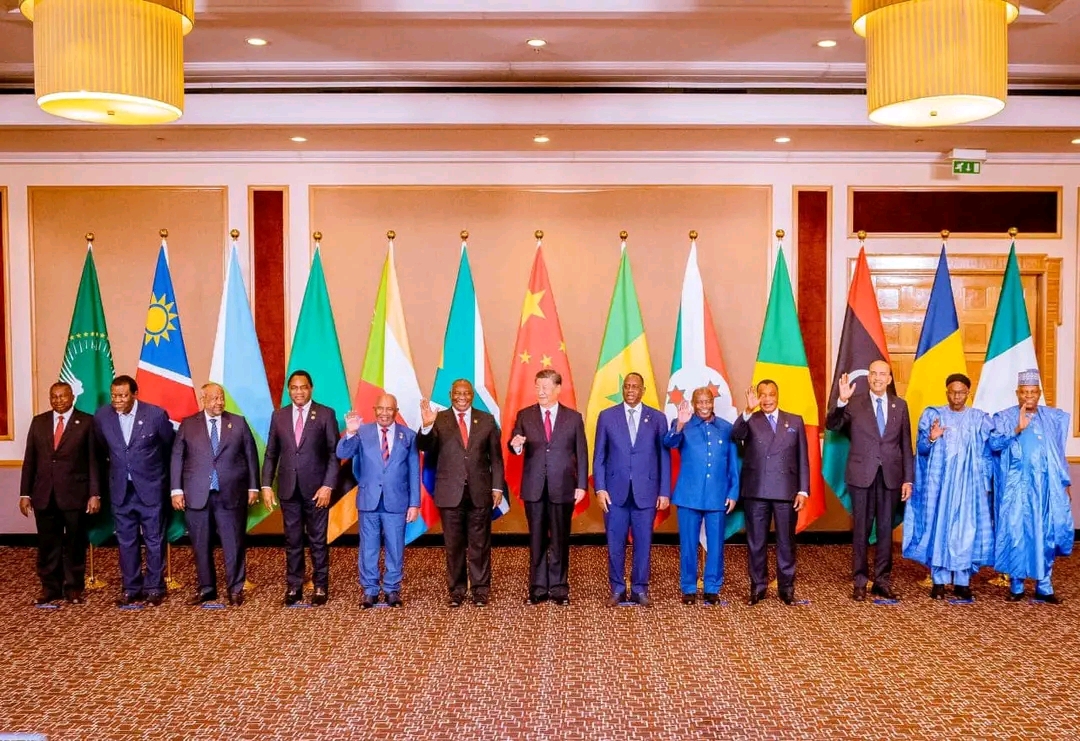By Stanley Nkwocha
The recently concluded BRICS summit, featuring Brazil, Russia, India, China, and South Africa, marked a significant global event.
However, its impact reverberated beyond these nations, particularly in Nigeria.
The 2023 BRICS summit, hosted in Johannesburg, South Africa, showcased the collaborative strength of these emerging economies.
Notably, Russian President Vladimir Putin’s absence drew attention, but the participation of other BRICS leaders remained pivotal.
Back in Nigeria, Vice President Kashim Shettima’s representation at the summit on behalf of President Bola Ahmed Tinubu underscored Nigeria’s interest in global politics and diplomacy.
It signified a commitment to enhancing Nigeria’s international presence.
The summit’s aftermath included the invitation of six new countries to join BRICS: Argentina, Egypt, Ethiopia, Iran, Saudi Arabia, and the United Arab Emirates.
This development stirred political debates in Nigeria, with some critics directing blame at the present administration.
Past administrations since BRICS’ inception in 2009 faced scrutiny regarding their efforts to secure Nigeria’s membership in the organization.
It raises questions about the true objectives of BRICS, which, to my knowledge, do not include financial aid to non-member nations like Nigeria.
The Tinubu administration has shown remarkable commitment to revitalizing Nigeria’s foreign policy.
Their active participation and statements at various international summits, including the African Union, Russian Summit, ECOWAS intervention in Niger, and BRICS summit, reflect Nigeria’s determination to regain its prominent global status.
Vice President Kashim Shettima’s role in executing tasks and assignments has not gone unnoticed.
His expertise in handling bilateral and multilateral agreements, mission statements, treaty signings, and trade and investment calls signifies a shift towards more effective foreign diplomacy.
This administration’s approach to foreign diplomacy represents a departure from superficial engagement.
There’s a palpable sense of depth, purpose, and seriousness in their dealings on the global stage, signaling a turning point in Nigeria’s foreign politics.
While Nigeria may not be part of BRICS at present, the nation’s potential for resurgence is evident.
Vice President Kashim Shettima’s vibrancy, intellect, boldness, and profound understanding of international politics and global economics hint at Nigeria’s inevitable ascent in world politics and the global economy.
In the words of fellow Nigerian, Idowu Koyenikan, “Your pride for your country should not come after your country becomes great; your country becomes great because of your pride in it.”
As we witness Nigeria’s steady march towards international prominence, it’s clear that the nation’s pride will play a pivotal role.
Nkwocha, a media practitioner, offers this perspective from Abuja.
BRICS Summit
Nigeria’s Foreign Diplomacy
Vice President Kashim Shettima










